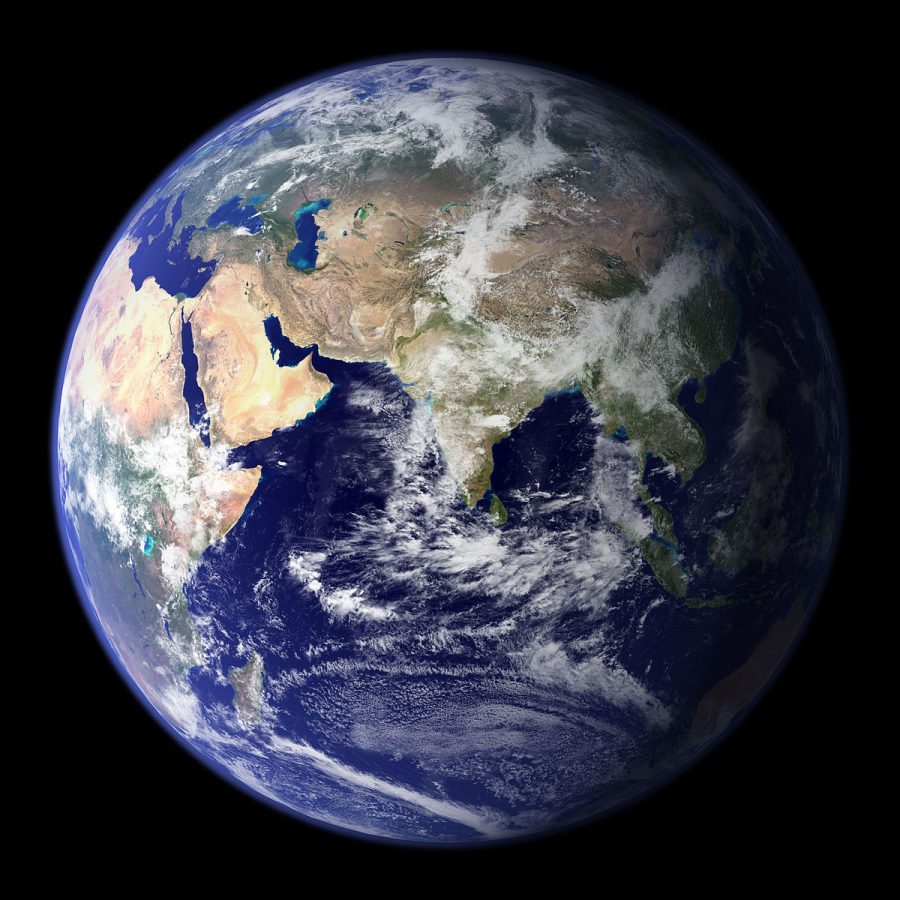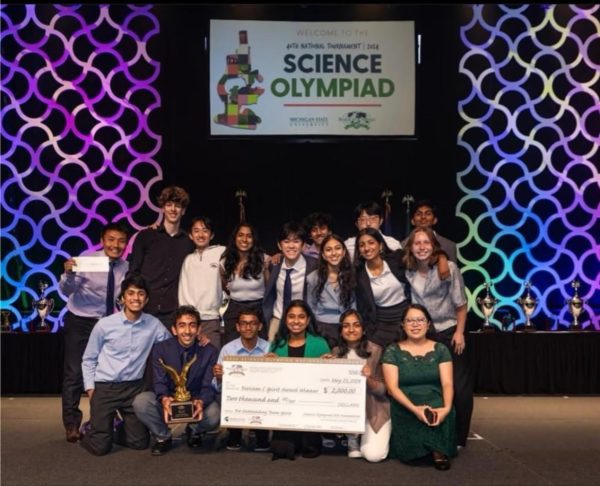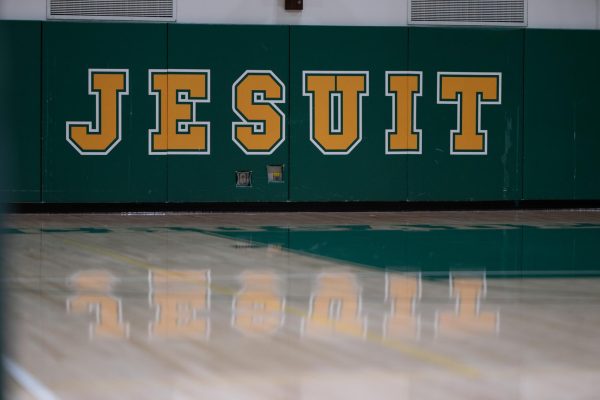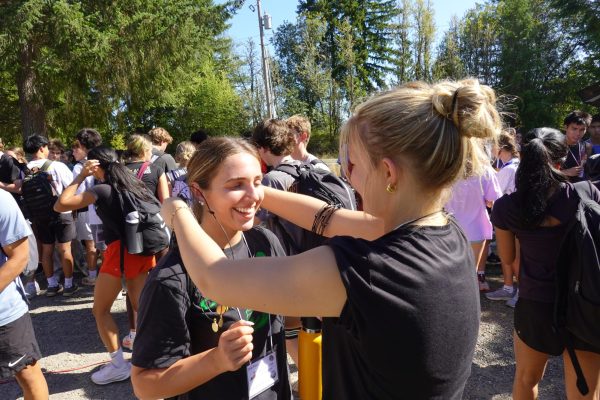Covid-19’s impact on the environment
The Covid-19 pandemic is having interesting impacts on the environment.
With Covid-19 putting a halt to business and “normal” life, emission rates around the world have decreased substantially. As climate change is one of the major issues young activists have tackled in recent years, the current pandemic is giving people a glimpse of what a less carbon driven world could entail.
“The air feels cleaner, and the skies are much clearer,” senior Ella Howe said.
The immediate halting of unessential businesses and transportation has led to a sharp decline in pollution, and some cities have cleaner air than they have had in years. Levels of pollution in New York City have dropped nearly 50%, and carbon emissions in China have decreased by 25%. Within the United States, domestic air travel has dropped 40% and international travel has reportedly dropped 96% (cnn.com).
While we are seeing these relative decreases, climate change activists should be aware that this may not be considered a huge win. Environmental Science and Biology teacher Ms. Mahoney is not sure this period will have any positive effects on the future of our environment.
“We may actually see an extra bump in high temperature increase this year due to the lack of particulate matter in the air,” Mahoney said. “The particulate matter in the air normally blocks some of the sun’s rays from striking the Earth and getting trapped, but now the cleaner air is lacking some of its capacity to block out sunlight.”
Though there has been a decrease in emissions and air pollution, there has been a surge in waste. Oregon as well as other states including Maine and New Hampshire and many major cities have delayed their bans on plastic bags and instead directed retailers to prevent the use of reusable bags. (usatoday.com).
“I think right now single-use products are unavoidable,” senior Helen Rocker said. “Everyone is so scared of touching things and getting sick that these products are again becoming the go-to.”
While the global pandemic offers a much needed temporary “break” for the environment, the long-term effects of this are still uncertain. Could policy makers grow an appreciation for this clean space, or will production and economic drive dominante the new world? People also may take advantage of what they currently can not, and air travel could increase carbon emissions.
“It is my hope that people with power outside the government, because so many of our laws have actually concentrated power not in the government but in these individuals and corporations, recognize that for them to maintain their own power and wealth in the long term we must meet our energy needs in a dramatically different way and soon,” Mahoney said. “They are the ones with the ability to force rapid change.”
The environmental impacts that Covid-19 has created are similar to that of the 2008 economic recession. This economic crash led to a reduction in industrial activity and in turn an overall decrease of emissions by 1.3%. However in accordance with the economic recovery following this crisis, emissions reached an all time high. (bbc.com).
People are not the only life-form that has been noticing a change in our planet. Animals all around the world are taking advantage of cleaner water, air, and less inhabited areas. Endangered turtles in Thailand are nesting in greater numbers than they have seen in two decades, and whales are swimming closer to shore than ever in the Mediterranean and Canadian waters (abcnews.go.com).
“I was driving and there was a deer just walking along the side of the road,” Howe said.
The future impacts of this pandemic are also dependent on the length of its duration. With things beginning to re-open, the “break” the earth is experiencing could soon be over.
“It is my hope that people, once we return to work and school and a pattern of life that more resembles what we are familiar with, make different choices in how we live and what is truly important,” Mahoney said. “Fast food, fast fashion, frequent rapid travel, globalized production chains, and always wanting more stuff cheaply and beyond what we need, maybe this part of the human world doesn’t get to survive Covid-19.”

Virginia Larner is a senior at Jesuit. She has been on the journalism staff for the last three years, and the editorial board for the last two. Each year she looks forward to the class and having new opportunities to explore journalism further as well as working collaboratively with other journalists in crafting the newspaper. Last year, as the Online and Social Media Content Editor, she assisted in the operation of the Jesuit news Instagram account and website. In her free time she enjoys spending time with friends and family, working out, and playing with her two dogs. She has been a member of the women’s tennis team all four of her years at Jesuit, and participates with Jesuit’s Green Team. Virginia enjoys writing about current events including sometimes controversial topics and how they impact the Jesuit community. She loves the creative aspects of journalism such as creating and editing pages, as well as coming up with interesting story ideas. Through the journalism class, Virginia has interacted with many intriguing people on campus, and explored various stories and aspects of Jesuit. One of her favorite parts of journalism is conducting interviews and gaining insight into various perspectives on her stories.









